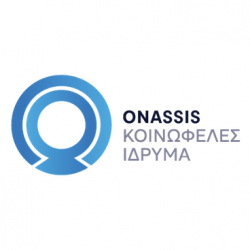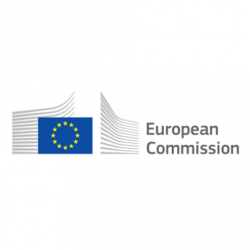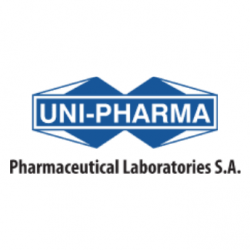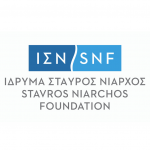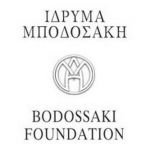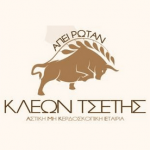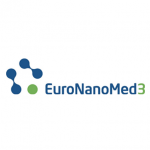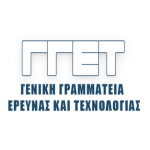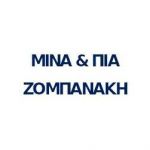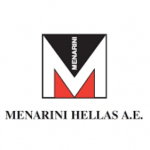Our Team
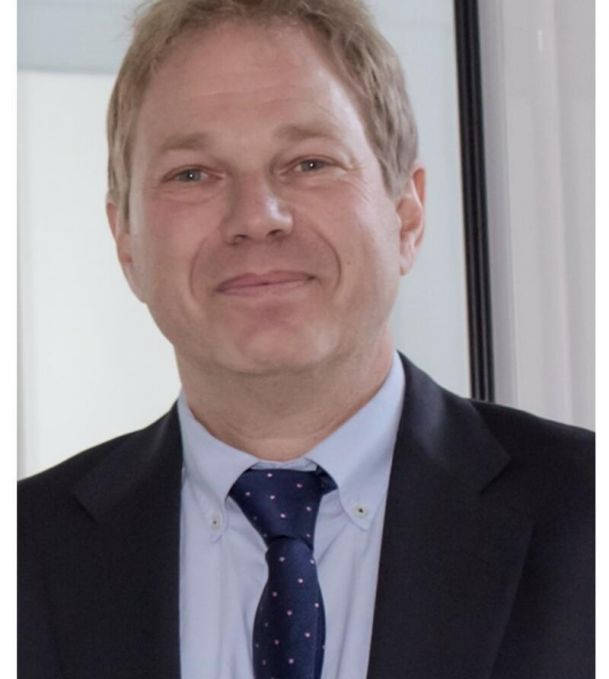

Constantinos Pantos
Dr. C. Pantos received his degree in Medicine and his PhD from Medical School of Athens. He is trained in Clinical and Invasive Cardiology at the University College & Middlesex Hospital, London, UK.
Dr. C. Pantos received his degree in Medicine and his PhD from Medical School of Athens. He is trained in Clinical and Invasive Cardiology at the University College & Middlesex Hospital, London, UK. He is currently Professor and Head of the Department of Pharmacology, Medical School, University of Athens. He is editor of the book entitled “Myocardial ischemia : from mechanisms to therapeutic potentials” by Cokkinos/ Pantos / Heusch / Taegtmeyer (Eds), Springer, 2006. For the last 20 years, his research is focused on the role of thyroid hormone in tissue regeneration (myocardium, neural tissue, pancreas, sepsis) and especially on endogenous mechanisms of repair/regeneration after myocardial injury. This research has resulted in a Phase II clinical trial (Thy-Repair) testing the effects of T3 in patients with acute myocardial infarction. (EudraCT:2016-000631-40). He has significant experience in design of clinical trials and repositioning of old drugs to other indications. He was one of the clinical experts in the EC funded project “Efficient Patient Recruitment for Innovative Clinical Trials of Existing Drugs to other Indications” (PONTE).
Dr. Pantos has published more than 120 scientific papers in international, peer-review journals His work has received more than 3800 citations (Google Scholar, h-index 39). He has also served as a guest editor in 4 special issues. He has several research collaborations with the pharmaceutical industry (Gilead, Menarini, Sanofi-Aventis, Servier, Uni-Pharma Laboratories S.A.)
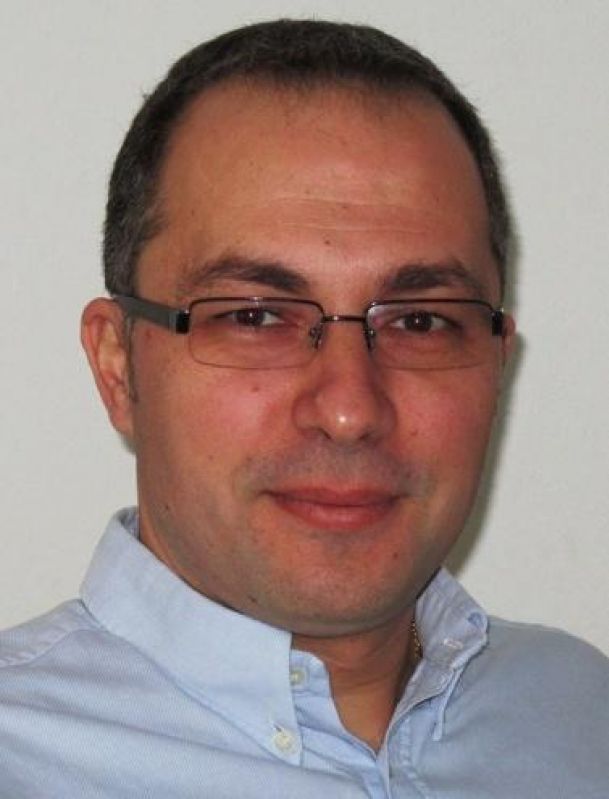

Athanasios Lourbopoulos
Dr. Lourbopoulos is a Neurologist (Board Certified in 2013) with translational training background. He received his medical training and PhD ("Stem cell transplantation in experimental stroke") in the Aristotle University of Thessaloniki (2009) and conducted post-doctoral basic research and studies in the Institute for Stroke and Dementia Research LMU-Munich (since 2013) and Charite Medical School Berlin (2014-2016).
Dr. Lourbopoulos is a Neurologist (Board Certified in 2013) with translational training background. He received his medical training and PhD ("Stem cell transplantation in experimental stroke") in the Aristotle University of Thessaloniki (2009) and conducted post-doctoral basic research and studies in the Institute for Stroke and Dementia Research LMU-Munich (since 2013) and Charite Medical School Berlin (2014-2016). Since 2017 he works in a renowned Center for Neurological Diseases in Munich (Schoen Klinik Bad Aibling), focused in vascular stroke and Neurointensive care. His work so far combines translational basic research and clinical activity with emphasis on Stroke and Neuroimmunology. His current research interest remains stroke with focus on neuroimmunology, its remote effects and post-cerebral neuroplasticity. He has been supported by various scholarships and research programs (IKY Fellowship, European Neurological Society Fellowship, Marie-Curie Fellowship, Sanofi Fellowship, Unipharma Grant for Stroke and Sepsis research). He is the inventor of 1 international patent for new drugs.
In 2018, he established the Group of Translational Neurology Research (GTNR) in the Department of Pharmacology in Athens Medical School, under the support of Prof. K. Pantos (Director of the Dept.) and the Assoc. Prof. I. Mourouzis. Within this time, he de novo established the complete study suite of the experimental stroke in mice (stroke model, behavioral analysis, microscopy and in vitro studies) and Microscopy/Neuropathology in the Department of Pharmacology.
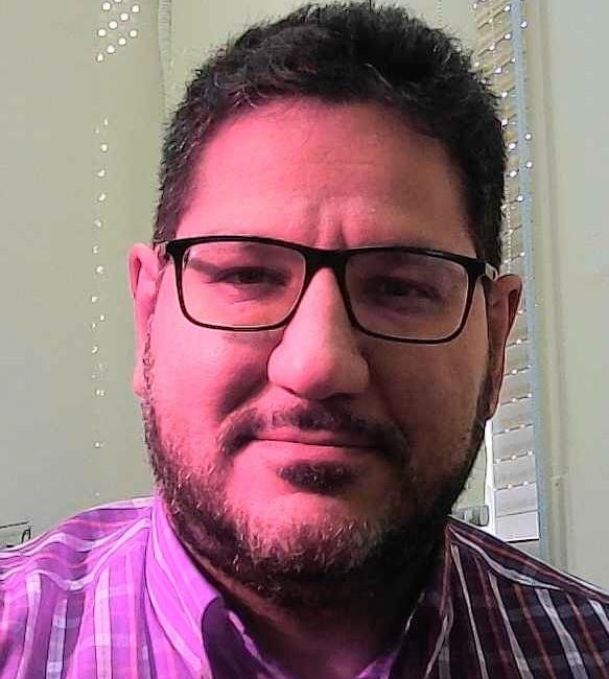

Iordanis Mourouzis
Dr. Mourouzis received his degree in Medicine from University of Athens (2001) and PhD in “Thyroid hormone and cardioprotection” (2006, University of Athens).
Dr. Mourouzis received his degree in Medicine from University of Athens (2001) and PhD in “Thyroid hormone and cardioprotection” (2006, University of Athens). He is a trained cardiologist and is currently Associate Professor in the Department of Pharmacology, Medical School, University of Athens. He is the scientific coordinator of the GNPAC team. He has considerable experience in experimental models of isolated rat hearts, in vivo model of ischemia-reperfusion, echocardiograqphy in mice and rats, biochemical and molecular techniques. His research is focused on the role of thyroid hormone in tissue repair (myocardium, neural tissue, pancreas, sepsis) and especially on endogenous mechanisms of repair/regeneration after myocardial injury. This research has resulted in a Phase II clinical trial (Thy-Repair) testing the effects of T3 in patients with acute myocardial infarction. (EudraCT:2016-000631-40). He is also involved in several experimental investigations about the role of old and new pharmacological interventions in tissue injury and repair (ranolazine, amiodarone, dronedarone, trimetazidine, dobutamine, clenbuterol, phenylephrine, sildenafil, morphine). He is inventor of 1 international and 3 Greek patents for new drugs.
He was one of the clinical experts in the EC funded project “Efficient Patient Recruitment for Innovative Clinical Trials of Existing Drugs to other Indications” (PONTE) and has significant experience in translational research and statistics. He is the scientific coordinator for NKUA in the European program “Regenerating the diabetic heart and kidney by using stress-specific thyroid hormone nanocarriers” (EURONANOMED2019-049 / REASON, 2020-2023)
Dr. Mourouzis has published more than 100 scientific papers in international, peer-review journals. His work has received more than 3300 citations according to Google Scholar (h-index 37). He has published 3 chapters in international scientific books. He is one of the two representatives of National and Kapodistrian University of Athens in the HEALTH HUB Council of the CIVIS program, a European Civic University formed by the alliance of nine leading research higher education institutions across Europe.
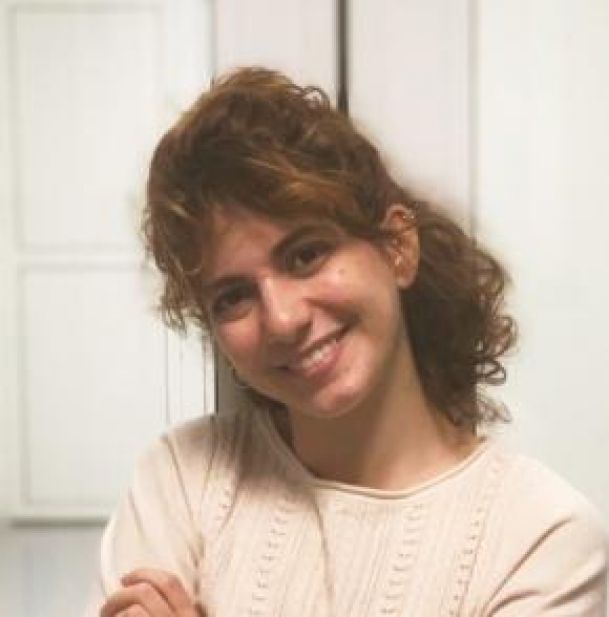

Nefeli Zerva
Nefeli was born in Athens in 1996. She received her Medical Diploma from Athens Medical School at the National and Kapodistrian University of Athens in 2020.
She is a PhD student and studies the system of thyroid receptors and hormones after ischemic stroke.
Nefeli was born in Athens in 1996. She received her Medical Diploma from Athens Medical School at the National and Kapodistrian University of Athens in 2020. Her scientific interest is Neuroscience and in particular the fields of neurodegenerative diseases and stroke. In September 2018, she joined the GTNR Lab in order to expand her field of knowledge and to actively participate in basic brain research. She is a PhD candidate in the Lab since 2021 with focus on the pathophysiology of experimental ischemic stroke.
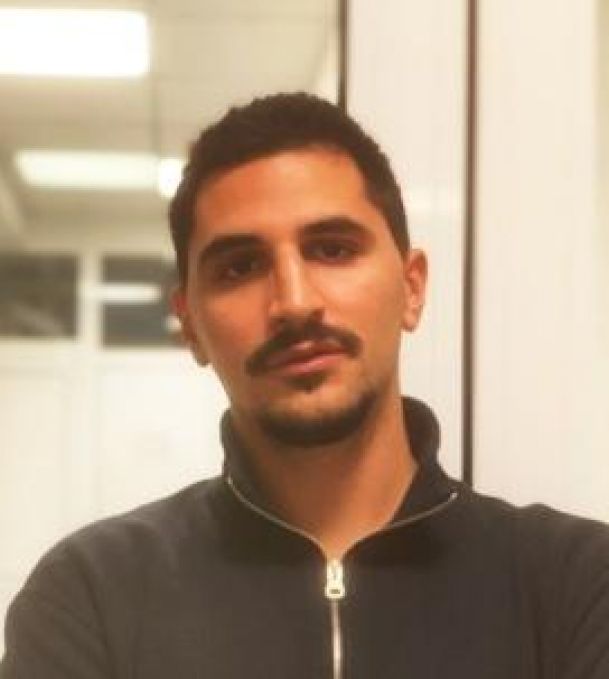

Angelos Pavlopoulos
Angelos was born in Athens in 1996. He received his Medical Diploma from Athens Medical School at the National and Kapodistrian University of Athens.
His thesis concerns the study of thyroid analogues as a potential therapeutic intervention after stroke.
Angelos was born in Athens in 1996. He received his Medical Diploma from Athens Medical School at the National and Kapodistrian University of Athens in 2020. The constant challenges in Neuroscience, the molecular basis of stroke and the possibilities for highly innovative interdisciplinary treatment approaches is what thrills him scientifically. In March 2019 he joined GTNR Lab in order to deepen into the basic research of vascular brain diseases. Since 2021 he is a PhD candidate in the Lab with focus on novel drugs for experimental ischemic stroke.
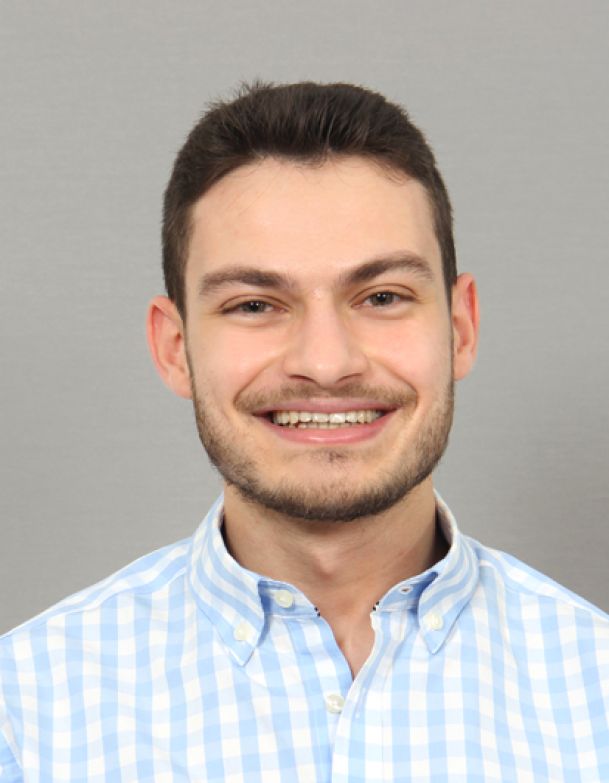

Asterios Kokkonakis
Asterios was born in Athens. He is a Biologist (Department of Biology, National and Kapodistrian University of Athens) and currently a Master Student in the Medical School of Athens.
His project concerns in vitro study of molecular pathways and actions of macrophages after stroke.
Asterios was born in Athens. He is a Biologist and currently a master student at Medical School, National and Kapodistrian University of Athens. His scientific interests focus on Cellular and Molecular Biology, Immunology and Neurosciences. He is scientifically fascinated by the investigation of cellular interactions, signaling pathways, molecular mechanisms, as well as the research for innovative treatments. He joined the GTN Lab, in February 2022, in the context of his Diploma Thesis entitled: "Molecular pathway-changes in peripheral immune cells after ischemic damage".
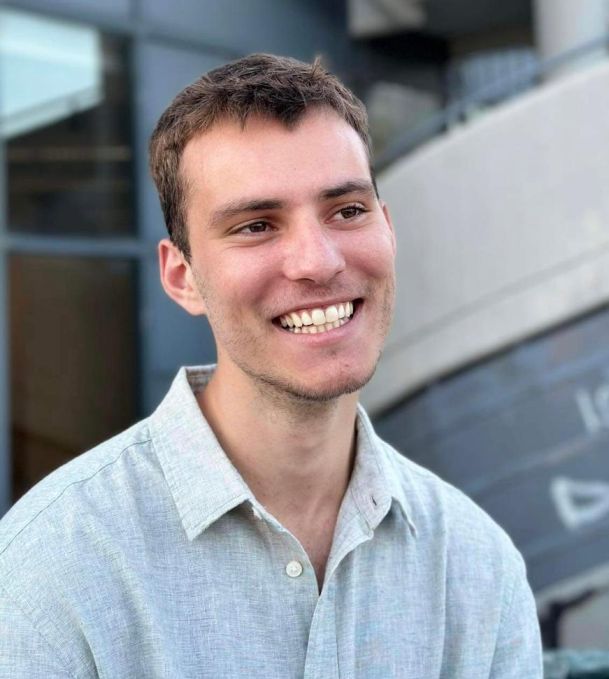

Michail Georgopoulos
Μιchail was born in Heraklion, Crete in 2000. He studied Medicine in Athens Medical School at the National and Kapodistrian University of Athens. He entered medical school motivated by his interest in cognitive processes and as a student he gradually developed a passion for neuroscience and neurophysiology. On May 2022 he joined the GTN Lab to be a part of the research process, charmed by the concept of creating new knowledge. He enjoys freediving, climbing and cooking. He aspires to “learn how to learn”.
Ioanna was born in Ioannina in 2000. She is a Computer Engineer from the University of Patras and currently a Master Student in Copenhagen.
Her project concerns the development of "StrokeAnalyst-2" in thin sections of strokes (with Nissl stains, immunohistochemical or others), and analysis of infarction with artificial intelligence algorithms (collaboration with the VVR Laboratory of Patras, Prof. K. Moustakas).
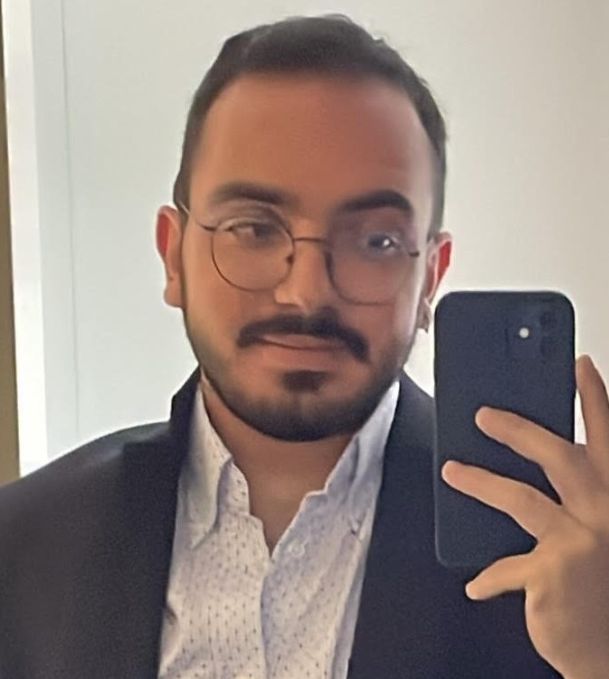

Giorgos Kladakis
George was born in Athens in 2001. He studied Electrical Engineering and Computer Technology at University of Patras and his main scientific interests are Machine Learning, image processing and data handling -especially in the medicine field.
His PhD-project is about de novo development of a deep learning algorithm for automated microscopy image analysis (collaboration with Lab VVR Patras, Prof. K. Moustakas).
George was born in Athens in 2001. He is studying Electrical Engineering and Computer Technology at University of Patras and his main scientific interests are Machine Learning, image processing and data handling -especially in the medicine field.
His Thesis-project is about de novo development of a machine learning algorithm for automated microscopy image analysis after a stroke (collaboration with Lab VVR Patras, Prof. K. Moustakas).
Alongside with his studies, he actively participates in volunteering.
He is a member of the board of the students's organisation EESTEC LC Patras (Electrical Engineering STudents' European assoCiation Local Committee Patars), he is respondible for the communication between the local and international level and he has participated in organising seminars, workshops and international events concerning elecetrical engineering students and more.
He likes testing himself, trying new things, searching for new ways of learning and improvement and that is why one of his goals is to become a soft skills trainer.
Aimilios Papaioannou
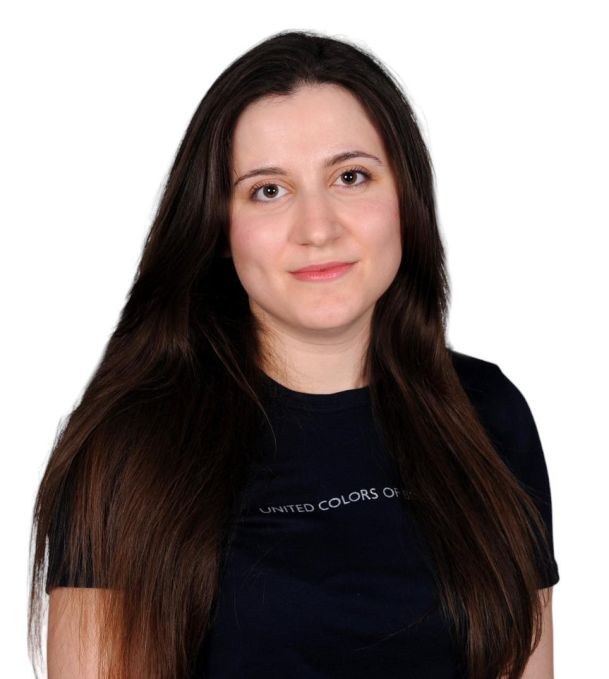

Anastasia Papavasileiou
Anastasia was born in Athens in 1995. She holds 2 degrees, from the Dental School of the National and Kapodistrian University of Athens and the Medical School at the same university. Her passion for neuroscience led her to join the laboratory in 2023. Her scientific interests include Cerebrovascular Diseases, Brain Imaging Techniques, and Neurocritical Care
Anastasia was born in Athens in 1995. She graduated from the Dental School of the National and Kapodistrian University of Athens and is currently an undergraduate student in the final year of the Medical School at the same university. Her passion for neuroscience led her to join the laboratory in 2023. Her scientific interests include Cerebrovascular Diseases, Brain Imaging Techniques, and Neurocritical Care
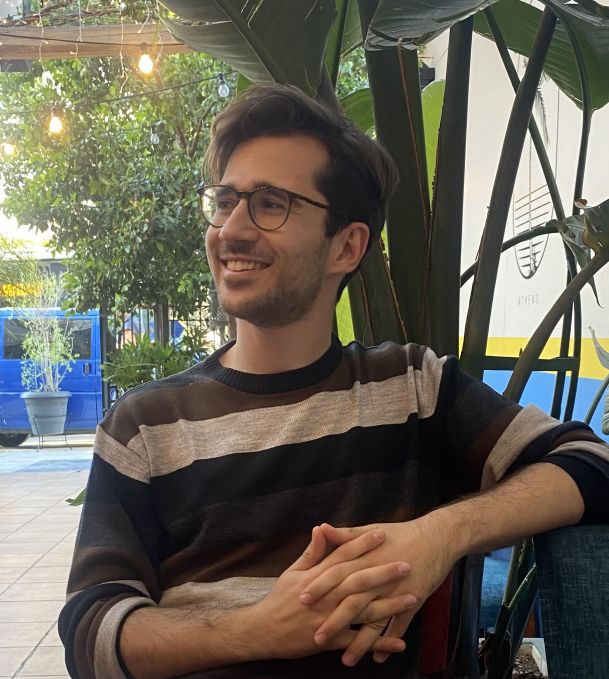

Nikolaos Karvelas
Nikolaos was born in Athens. He graduated in 2021 from the School of Medicine of the National and Kapodistrian University of Athens.
His project concerns the study of chronic changes (> 6 months after stroke) locally in the infarct area and remotely, in neuroanatomically connected areas.
Nikolas Karvelas was born in Athens. He is a medical doctor and aspiring neurologist. He graduated in 2021 from the School of Medicine of the National and Kapodistrian University of Athens. His scientific interests include stroke, dementias and neurological rehabilitation, both from a translational and clinical perspective. Since 2021 he has been a member of the study team for chronic stroke in mice, in the GTN Lab, in order to better understand its pathophysiology and possible therapeutic targets. Additionally, he has been a research associate of the Cognitive Disorders and Dementia group of the Eginition Hospital.
Since February 2023 he is a post-doc scientist in the Group of Fanny Elahi at Mount Sinai University of New York.
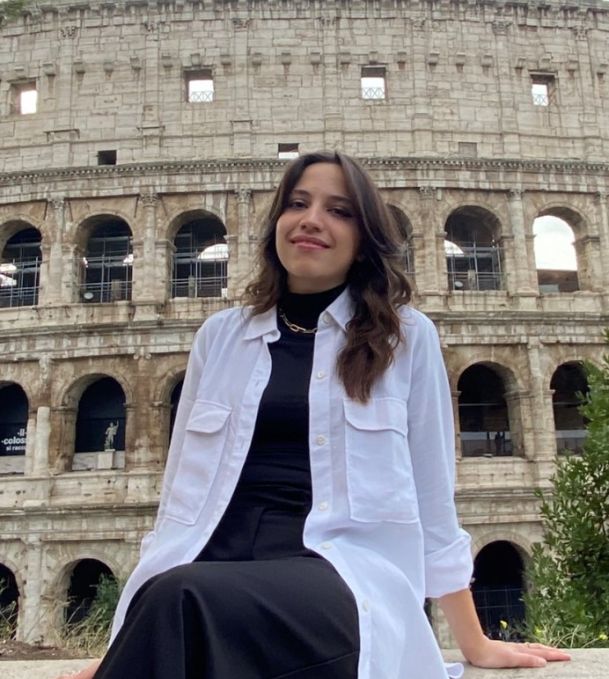

Eleni (Lenia) Kaliatsi
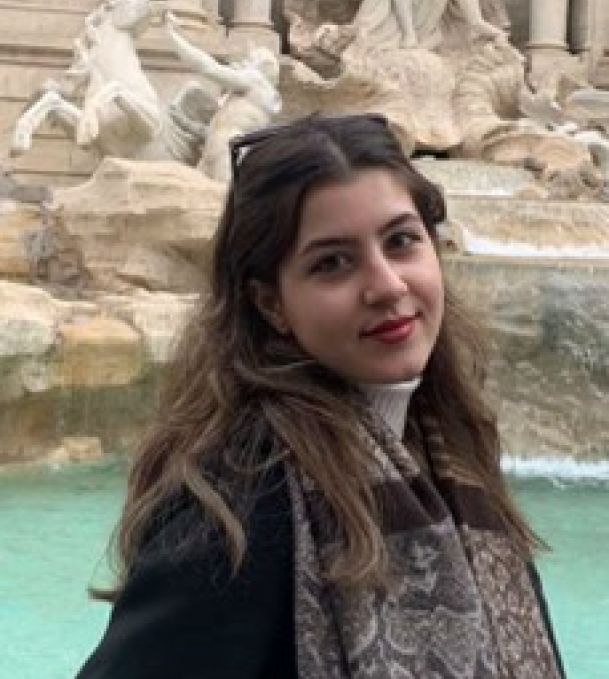

Vasiliki Angeli
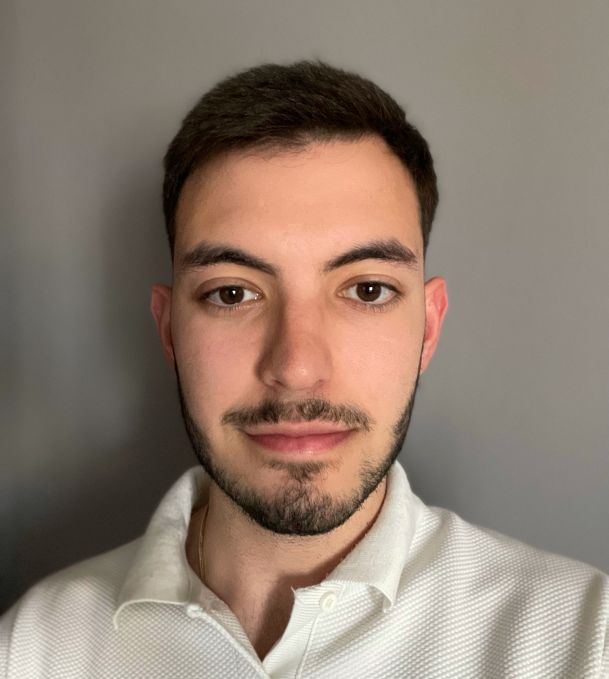

Giannis Tatsidis
Giannis was born in Thessaloniki in 2003. He is an undergraduate student at the Medical School of the National and Kapodistrian University of Athens with a special interest in the fields of neurosciences and neurosurgery.
His project concerns the study of stroke using the middle cerebral artery occlusion model (fMCAO).
Giannis was born in Thessaloniki in 2003. He is an undergraduate student at the Medical School of the National and Kapodistrian University of Athens with a special interest in the fields of neurosciences and neurosurgery.
His project concerns the study of stroke using the middle cerebral artery occlusion model (fMCAO).
Alumni
- Giorgos Skandalakis, MD, Resident in Neurosurgery
- Konstantinos Filippakis, MD
- Argyro Koumenti, MD
- Konstantina Chatzikyrkou, MD
- Anastasia Chaviaropoulou, MD, Resident in Obstetrics
- Areti Kotronis, MD, Resident in Anesthesiology
- Christos Petritsis, MD
- Nikos Plakopitis, MD
- Eirini Stratigakou, MD
- Gerasimos Damingos, Computer Engineer, PhD Student in Lulea
- Ioanna Gemou, Computer Engineer, MSc Student in Boston
Contact Person #1
Contact Person #2


